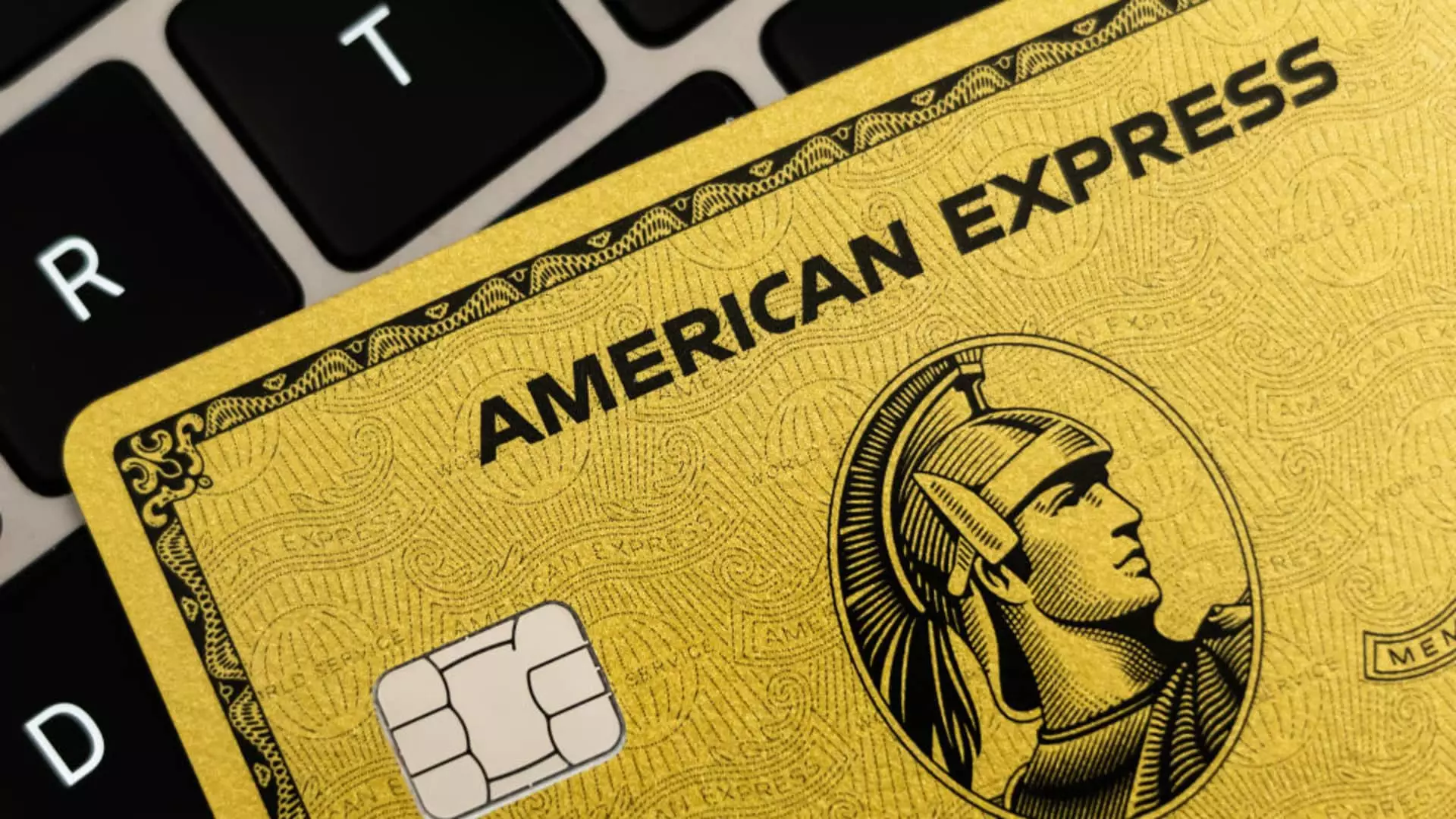In a significant financial disclosure, American Express recently announced a settlement totaling approximately $230 million aimed at addressing federal wire fraud investigations and civil allegations of misleading marketing practices. This settlement underscores a growing scrutiny of financial institutions and their methods, particularly regarding the treatment of small businesses. The revelations about American Express are a cautionary tale of corporate responsibility, ethics, and the consequences of deceptive advertising in a highly regulated industry.
The settlement includes two major components: a non-prosecution agreement with the U.S. Attorney’s Office for $138 million relating to claims of offering inaccurate tax advice, and an additional $108.7 million to settle civil claims by the Department of Justice’s Civil Division concerning the deceptive marketing of credit cards. These figures reflect the seriousness of the allegations and the measures taken to rectify prior misconduct. American Express indicated the agreement “in principle” reached with the Federal Reserve highlights ongoing regulatory oversight, signaling a critical need for compliance adjustment in the company’s operations.
Misleading Marketing Tactics
At the heart of the controversy lies American Express’s marketing of two wire products—Payroll Rewards and Premium Wire—introduced in 2018 and 2019. Promoted as advantageous tax-saving tools for small and mid-sized businesses, these products were depicted as being beneficial due to purported tax deduction eligibility. However, the assertion that wiring fees could be wholly deducted as business expenses lacked grounding in tax law, revealing a fundamental misrepresentation that misled customers about potential financial benefits.
The IRS, highlighting the gravity of the situation, marked this marketing strategy as deceitful, with significant repercussions impacting both customers and the government. American Express not only miscalculated legitimate business expenses but also fostered an environment of mistrust by implying that customers would earn Membership Reward points in a tax-free manner, further complicating the legitimacy of their marketing claims.
Internal Accountability and Reaction
The fallout from these deceptive practices was swift, exemplified by the termination of approximately 200 employees following an internal investigation in early 2021. This response points to an acknowledgment of wrongdoing at some level within the organization, raising questions about the corporate culture and governance that allowed such practices to proliferate unchecked. The cessation of the wire products by November 2021 indicates that the company recognized the long-term repercussions of continuing these offerings amid escalating scrutiny.
The implications of these actions extend beyond the immediate financial settlement. They serve as an indication of broader issues within financial services—that misleading practices can lead to significant harm to stakeholders, including clients who may have relied on the company’s advertising for financial decisions.
Deceptive Credit Card Practices
American Express’s woes don’t end with wire products. The company has faced separate civil allegations pertaining to deceptive credit card marketing practices that occurred from 2014 to 2017. Reports indicate that staff engaged in questionable practices around sales calls to small businesses, creating misleading representations concerning card rewards, fees, and credit check consent.
Perhaps, even more concerning, is the alleged use of false financial information to acquire credit card approvals—an infringement that calls into question not only the integrity of the institution but also its adherence to industry regulations. The alleged use of phony Employer Identification Numbers (EINs) in 2015 and 2016, whereby employees reportedly opened credit accounts under fictitious EINs, highlights a systemic issue that could have far-reaching effects on regulatory oversight and public trust.
While American Express has denied wrongdoing in terms of both the EIN manipulation and credit card sales practices, the settlement without admission of liability suggests a pragmatic approach to avoid prolonged litigation and potential reputational damage. The overarching lesson here is clear: financial institutions must prioritize transparency and ethical marketing in their practices.
As the consequences of misleading marketing unfold, this case serves as a stark reminder of the obligations that accompany corporate responsibilities. Companies vying for trust in the financial sector cannot afford to overlook regulatory frameworks, as doing so invites scrutiny that not only jeopardizes consumer trust but also undermines economic stability. Going forward, American Express and similar entities must fortify their compliance measures and align their marketing practices with ethical standards to prevent future transgressions and foster a positive corporate image.


Leave a Reply